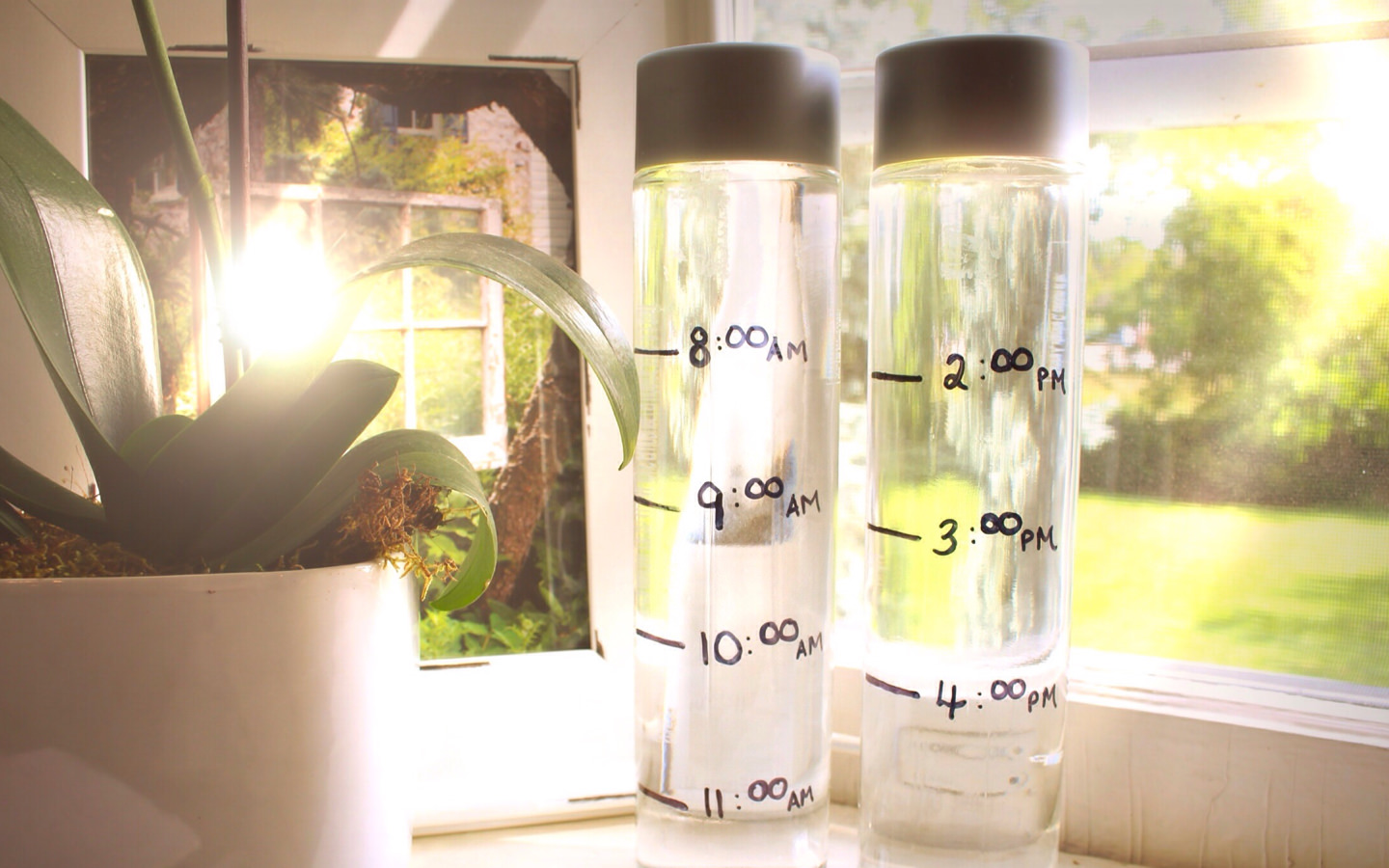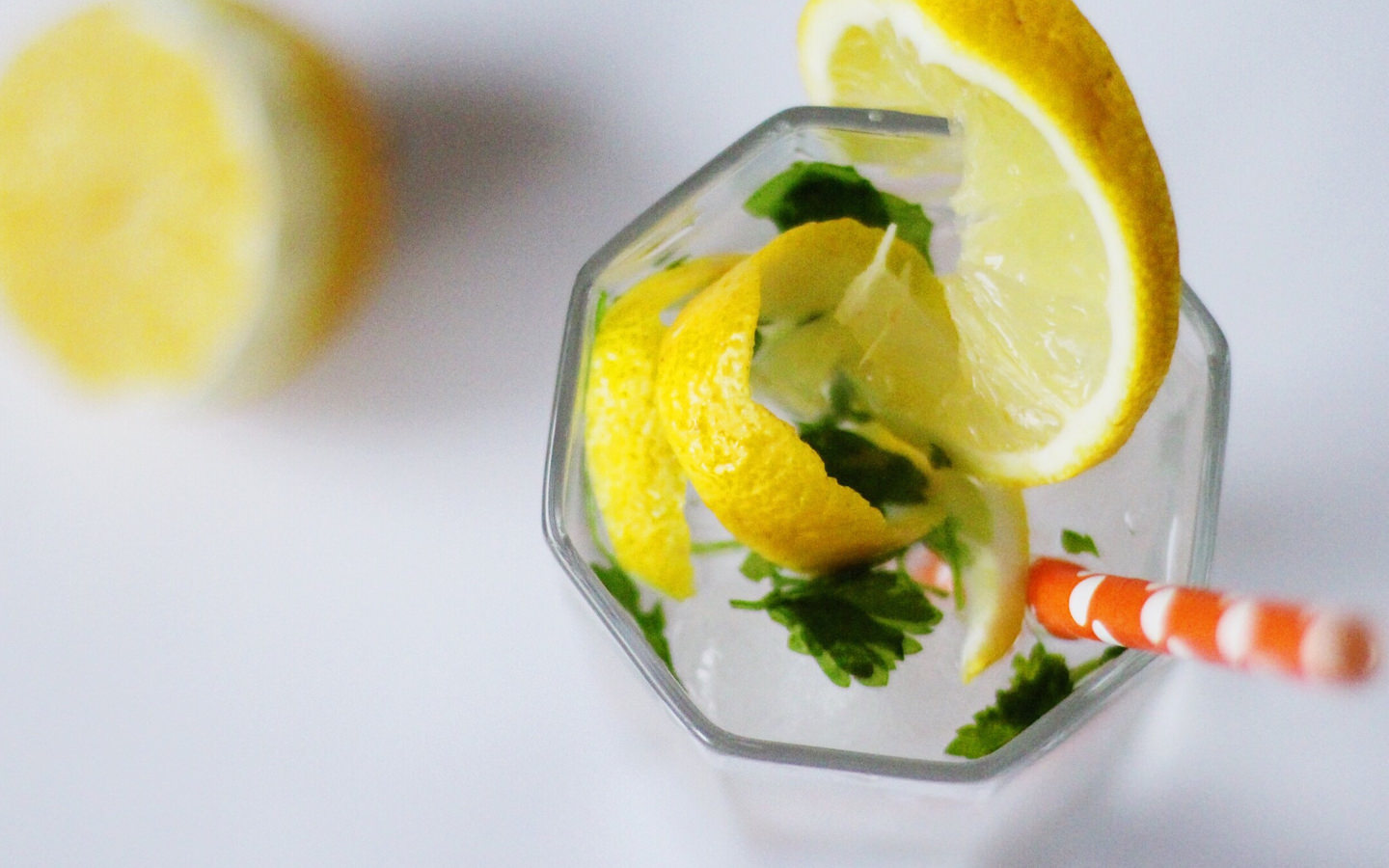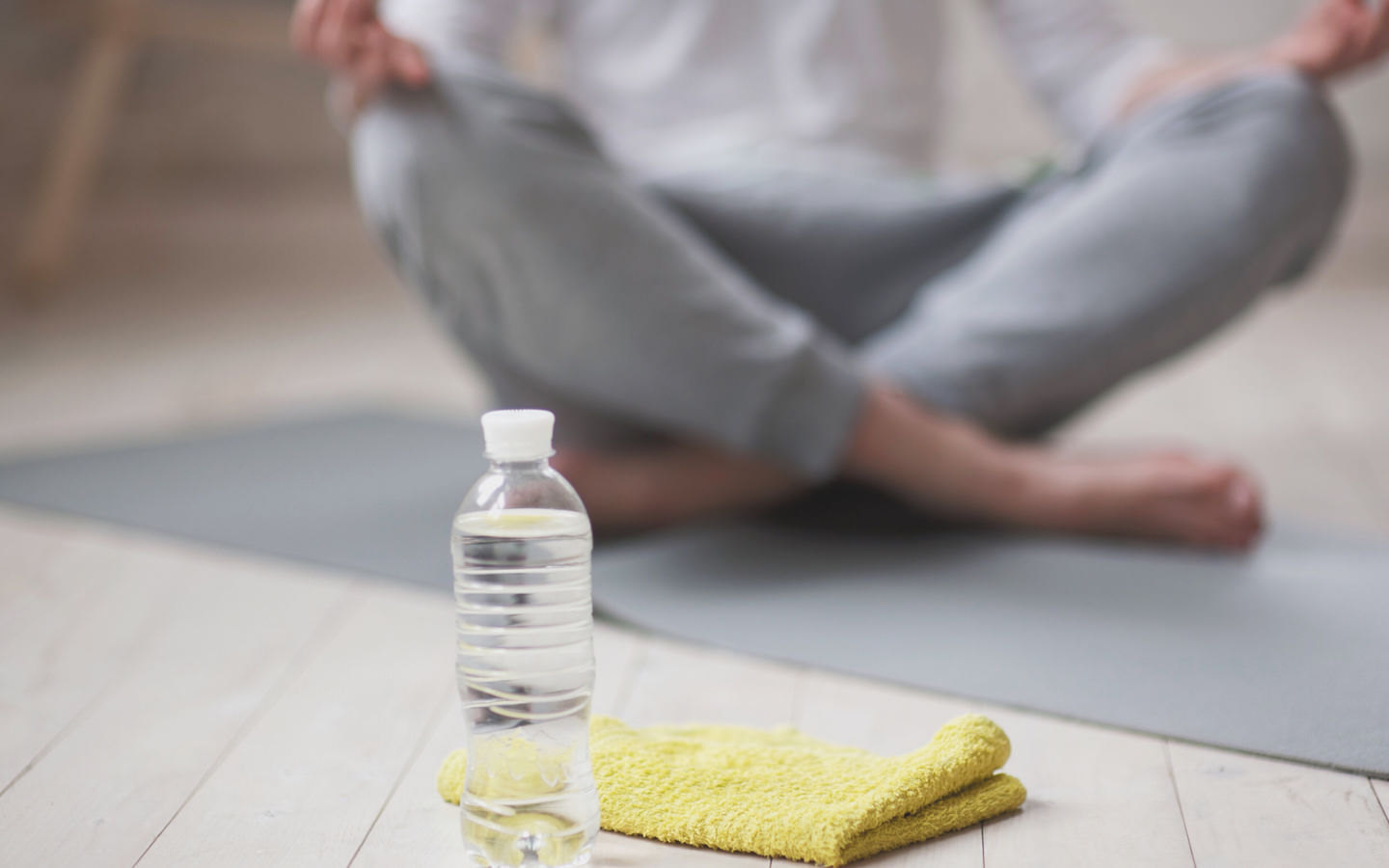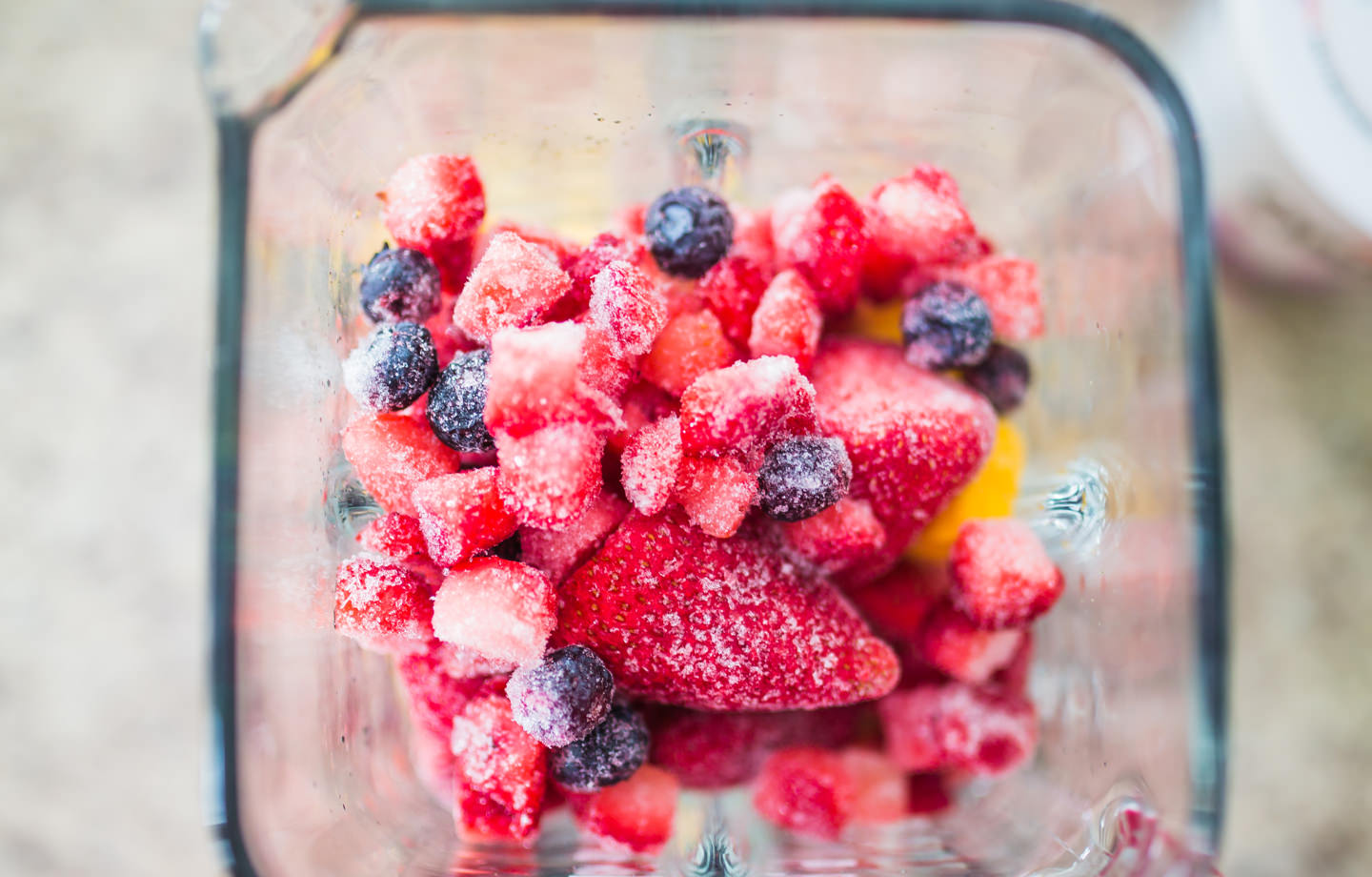Many people think of hydration (and dehydration, for that matter) as a warm weather-only concern. Something to maintain when the temperature pushes 90 or we’re left sweating after a tough workout, but did you know that staying hydrated is just as important in the wintertime as it is in the summer? In fact, wintertime may leave us more susceptible to dehydration than spring and summer.
That’s because we may be less likely to notice how parched we are when the temperature is cold and sweat evaporates more quickly during cold weather activities like skiing, snowboarding and snowshoeing. On top of this, our thirst response may be diminished in cold weather by up to 40%, meaning you may not feel dehydrated, even if you are. But one glance in the mirror could tell you a lot more than the decreased signals put out by your body — ever heard of dry winter skin? Along with not drinking enough water, our skin becomes dehydrated as dry winter air saps the moisture from our skin, leading to the appearance of fine lines, and itchy, flaky skin. But the good news is, wintertime dehydration is completely avoidable.
Why Hydration is Important
But first, let’s look at why maintaining adequate hydration is important in the first place. You’ve likely read that the body is around 70% water. People become dehydrated when they drink anything less than six 8 oz glasses of water per day. When our system becomes dehydrated, our organs —especially the heart — must work that much harder to function. As a result, our heart concentrates blood to the organs and core, leaving our extremities more prone to stiffness.
Additionally, proper hydration aids in the regulation of our metabolism. Dehydration could lead to a slowed metabolism. This may not be that big of a deal from time to time (unless you suffer from a chronic condition), but chronic dehydration can lead to a host of unpleasant issues like brain fog and exhaustion.

Creating a Habit
The first step in avoiding becoming dehydrated is drinking plenty of water. You’re probably thinking, “Easier said than done when your body isn’t sending signals of thirst!” This is why it’s important to create a morning water habit. You’ve likely heard of people drinking warm lemon water first thing upon waking. Not only does this deliver vitamin C and other key nutrients to the system and help flush toxins from the organs, but a big glass of water with some lemon is also the perfect way to rehydrate after sleeping!
Creating a habit out of drinking two big glasses of water first thing in the morning will help rehydrate you from the night before and make you more likely to sip water throughout your day. If you struggle to drink enough water throughout your day, it may be helpful to create “moments” for hydration. Start off by committing to drinking two big glasses of water when you wake, two big glasses at lunch time, and then finish your day with two more big 8oz. glasses of H2O – that’s six glasses of water, the minimum of what you need to stay healthy and hydrated. As this loop becomes habit, sip more water throughout the day until you work your way up to eight 8oz. glasses.

Sip Smarter
Some people simply don’t like the taste of water. While pure H2O is the best choice, sipping a non-caffeinated drink, such as unsweetened and all-natural iced tea or electrolyte-rich coconut water can help break up water’s monotony. You could also add a bit of lemon or lime, or infuse your water with fresh herbs or cucumber for a spa-like experience. A great water bottle could also be helpful in this instance. Metal water bottles, such as Hydroflask, keep liquids cold and refreshing all day and don’t contain problematic plastics.
But water, unsweetened iced tea and the occasional glass of organic coconut water isn’t the only way to boost hydration. Filling your plate with plenty of water-rich fruits and veggies is a great way to help out hydration while supporting immune function during the cold winter months. Fruits and veggies like berries, cucumbers, greens, oranges and clementines can help the body stay hydrated while providing essential nutrients that can keep sniffles and sneezing at bay.
What to Avoid
While adding lemon, lime or herbs to your water and fruits and veggies to your plate is a great way to boost hydration, there are some ingredients and foods that can dehydrate you. This includes alcohol, sugar, caffeinated beverages and carbonated drinks. Obviously these drinks and foods should be limited for a number of reasons, but if you do choose to partake in an alcoholic drink or sugary soda, be sure to counter it with a tall glass of water to help offset its effects.

By maintaining vigilance, creating positive habits and adding plenty of water-rich foods to your diet, you can stay hydrated and healthy all winter long.
Do you have tips for staying hydrated? Tell us how by sharing with us on Instagram or Facebook with @AvocadoMattress or #AvocadoGreenMagazine

Shop Pillows
The Essential Organic Pillow Collection
Gentle, breathable, non-toxic support.






